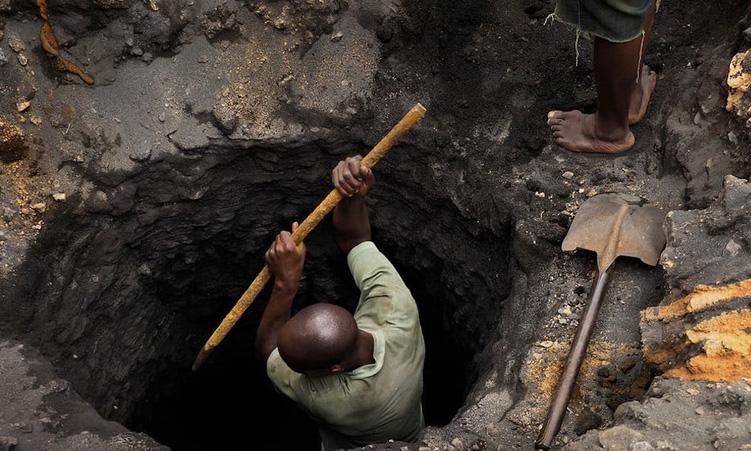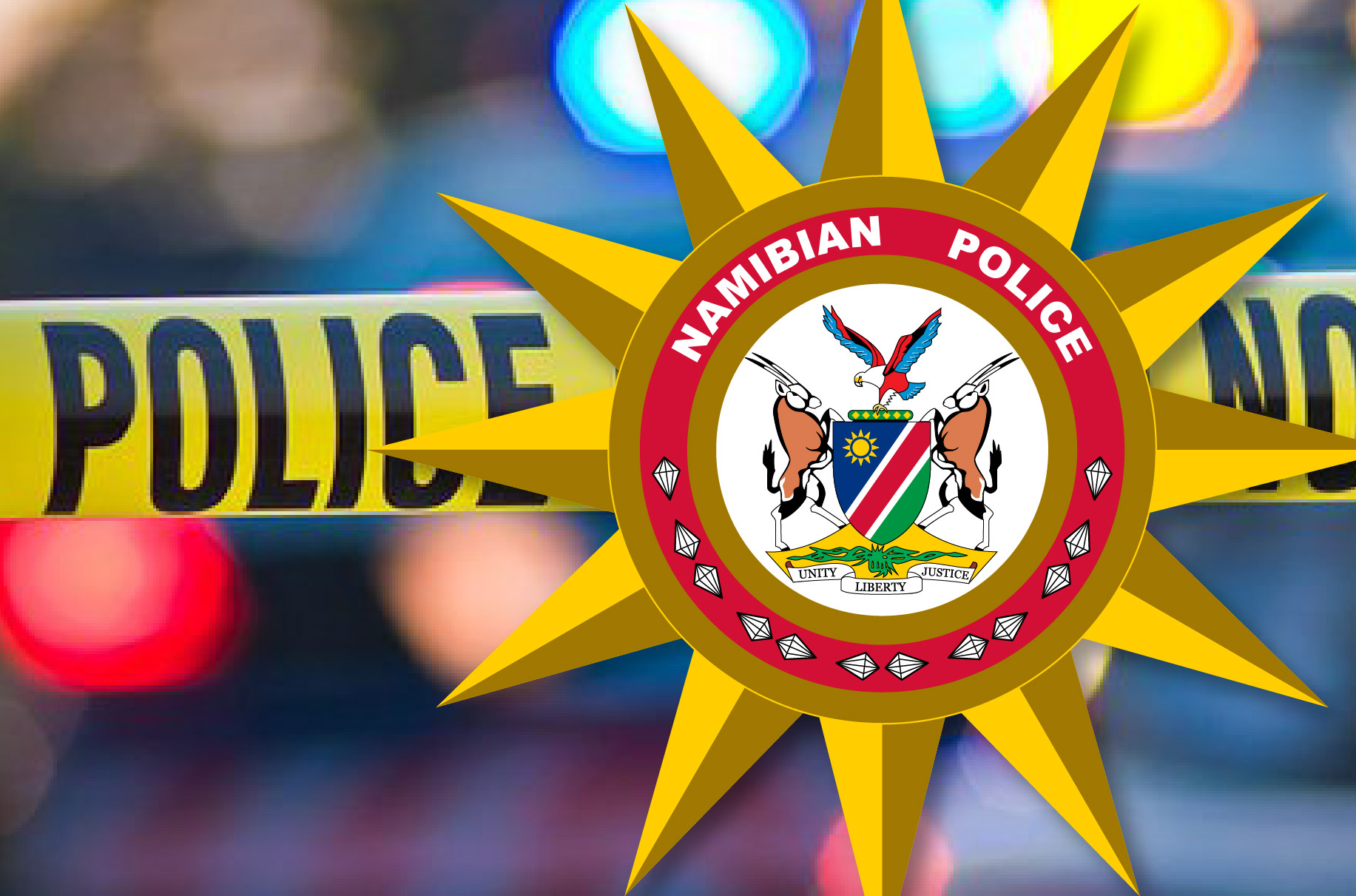APART from a preoccupation with local elections last week, the French media also gave attention to the subject of an inordinate amount of stress at the workplace.
In essence, what this means is that the government had to act and deal with stress at the workplace as a priority. To that end, government has set up a technical committee to deal with the issue.My first working assumption by raising what seems to be a trivial issue to many Namibians is to put into perspective the kind of issues industrialised countries have to deal with in their search of productivity at the workplace.Second, I seek to highlight what it would mean if and when Namibia becomes an industrialised country, whose political bases are democratic.Citizens in such countries are not on their own; they have high expectations, demand government to protect them, leaders to work for them and not to expect worship.If the government fails to protect or attend to the most basic (and secondary) concerns of citizens, they are voted out of office.In France, they have in between legislative and presidential elections what is referred to as ‘un vote sanction’.The ruling party of President Sarkozy, nine months after winning office, has been sanctioned this week at the local elections polls by an electorate seemingly unhappy with the pace of reforms and promises made by Sarkozy.This is Namibia in 2030 through circumstance and perhaps a lot of luck.Now, let me dwell on our reality at 18 because Vision 2030 is what we wish to become and not what we are.A number of zones of progress have been realised over the past 18 years of independence.Even if the foundations are moving and at times shaky, we can claim to be a democracy; we boast three free and fair elections; our rights as citizens are guaranteed and there is a sense of institutional vigilance and independence to protect these.Since we have accepted democracy as an organising principle, we have had 18 years of peaceful co-existence, the exception being a violent attempt at secession in the Caprivi region in the late 1990s.While I admit that the commitment of a ruling party to democracy is crucial in a developing context, democracy in itself as accepted by citizens and political actors is the only means through which we can guarantee a peaceful Namibia.The creation of the Anti-Corruption Commission, despite its failure of nerve in some instances, has been a welcome addition in raising the spectre of corruption to the forefront of our national debate.At 18, government is paying its civil servants in a timely manner on a continent where this is an exception.We have done well in these spheres and we need to consolidate these successes while confronting challenges with a new vision.For the majority of Namibians who are unemployed, who have difficulties at the end of each month, peace and democracy serve as a starting point, and do not represent final deliverance.They are looking less for an electocracy than for the most basic elements that define a decent life: food, shelter, education for their children etc.Part of the problem in dealing with these lies in a lack of urgency and our incapacity “to think the rest” just to paraphrase the Sorbonne-educated African philosopher, Achille Mbembe.While we admit to wanting to make Vision 2030 a reality, urgency in dealing with our manifest problems is lacking.This column may not have a grand strategy and ten-point plans in the author’s hip pocket to solve the grade ten failures or unemployment.But some of the issues we are struggling with are elementary, and they cut at the heart of what governance is all about.Government must set targets and these must be communicated to the citizens.A basic example would be the time it should take for appointments to be made, insisting on skills and merit (and not tribe), and most importantly defining shorter periods for legislation to be effected.If it takes more than three years for the Prime Minister to pass legislation on the economic empowerment of the previously disadvantaged, it shows blatantly a lack of urgency to deal with the structural inequalities in one of the most unequal countries in the world.Our country is going downwards in the rankings of both the Africa Competitiveness report as well as the Global Competitiveness reports.In 2004, Namibia was ranked fifth in Africa, today we are ranked ninth, possibly on our way out of the top ten.In the WEF Global Competitiveness Report, we were ranked at 72 in 2006/07, and in 2007/08, we have descended to a dismal 89.Does this constitute an emergency for the President and ministers in the economic clusters such as Trade, Foreign Affairs, Tourism and Finance to meet and see what it is that we are not doing right? Our lack of urgency on these also displays total disregard for dealing with the chronic unemployment situation.The point deserving emphasis as we ponder on the state at 18 is that Government must plan and function in a manner that guarantees its long-term survival.We need to start thinking seriously about what it means to be a state.It is also about us negotiating and thinking about a better place for ourselves in a globalised world as a country.It is on this and on ‘what is next’ where our state is found wanting at 18.And I am not sure, perhaps extremely worried, as to what the youth of our state will look like on current form.* Alfredo Tjiurimo Hengari is a PhD fellow in political science at the University of Paris-Panthéon Sorbonne, France.To that end, government has set up a technical committee to deal with the issue.My first working assumption by raising what seems to be a trivial issue to many Namibians is to put into perspective the kind of issues industrialised countries have to deal with in their search of productivity at the workplace.Second, I seek to highlight what it would mean if and when Namibia becomes an industrialised country, whose political bases are democratic.Citizens in such countries are not on their own; they have high expectations, demand government to protect them, leaders to work for them and not to expect worship.If the government fails to protect or attend to the most basic (and secondary) concerns of citizens, they are voted out of office.In France, they have in between legislative and presidential elections what is referred to as ‘un vote sanction’.The ruling party of President Sarkozy, nine months after winning office, has been sanctioned this week at the local elections polls by an electorate seemingly unhappy with the pace of reforms and promises made by Sarkozy.This is Namibia in 2030 through circumstance and perhaps a lot of luck.Now, let me dwell on our reality at 18 because Vision 2030 is what we wish to become and not what we are.A number of zones of progress have been realised over the past 18 years of independence.Even if the foundations are moving and at times shaky, we can claim to be a democracy; we boast three free and fair elections; our rights as citizens are guaranteed and there is a sense of institutional vigilance and independence to protect these.Since we have accepted democracy as an organising principle, we have had 18 years of peaceful co-existence, the exception being a violent attempt at secession in the Caprivi region in the late 1990s.While I admit that the commitment of a ruling party to democracy is crucial in a developing context, democracy in itself as accepted by citizens and political actors is the only means through which we can guarantee a peaceful Namibia.The creation of the Anti-Corruption Commission, despite its failure of nerve in some instances, has been a welcome addition in raising the spectre of corruption to the forefront of our national debate.At 18, government is paying its civil servants in a timely manner on a continent where this is an exception.We have done well in these spheres and we need to consolidate these successes while confronting challenges with a new vision.For the majority of Namibians who are unemployed, who have difficulties at the end of each month, peace and democracy serve as a starting point, and do not represent final deliverance.They are looking less for an electocracy than for the most basic elements that define a decent life: food, shelter, education for their children etc.Part of the problem in dealing with these lies in a lack of urgency and our incapacity “to think the rest” just to paraphrase the Sorbonne-educated African philosopher, Achille Mbembe.While we admit to wanting to make Vision 2030 a reality, urgency in dealing with our manifest problems is lacking.This column may not have a grand strategy and ten-point plans in the author’s hip pocket to solve the grade ten failures or unemployment.But some of the issues we are struggling with are elementary, and they cut at the heart of what governance is all about.Government must set targets and these must be communicated to the citizens.A basic example would be the time it should take for appointments to be made, insisting on skills and merit (and not tribe), and most importantly defining shorter periods for legislation to be effected.If it takes more than three years for the Prime Minister to pass legislation on the economic empowerment of the previously disadvantaged, it shows blatantly a lack of urgency to deal with the structural inequalities in one of the most unequal countries in the world.Our country is going downwards in the rankings of both the Africa Competitiveness report as well as the Global Competitiveness reports.In 2004, Namibia was ranked fifth in Africa, today we are ranked ninth, possibly on our way out of the top ten.In the WEF Global Competitiveness Report, we were ranked at 72 in 2006/07, and in 2007/08, we have descended to a dismal 89.Does this constitute an emergency for the President and ministers in the economic clusters such as Trade, Foreign Affairs, Tourism and Finance to meet and see what it is that we are not doing right? Our lack of urgency on these also displays total disregard for dealing with the chronic unemployment situation.The point deserving emphasis as we ponder on the state at 18 is that Government must plan and function in a manner that guarantees its long-term survival.We need to start thinking seriously about what it means to be a state.It is also about us negotiating and thinking about a better place for ourselves in a globalised world as a country.It is on this and on ‘what is next’ where our state is found wanting at 18.And I am not sure, perhaps extremely worried, as to what the youth of our state will look like on current form.* Alfredo Tjiurimo Hengari is a PhD fellow in political science at the University of Paris-Panthéon Sorbonne, France.
Stay informed with The Namibian – your source for credible journalism. Get in-depth reporting and opinions for
only N$85 a month. Invest in journalism, invest in democracy –
Subscribe Now!










